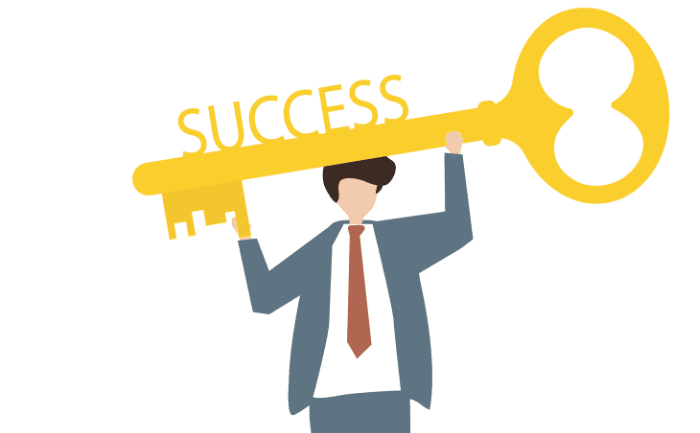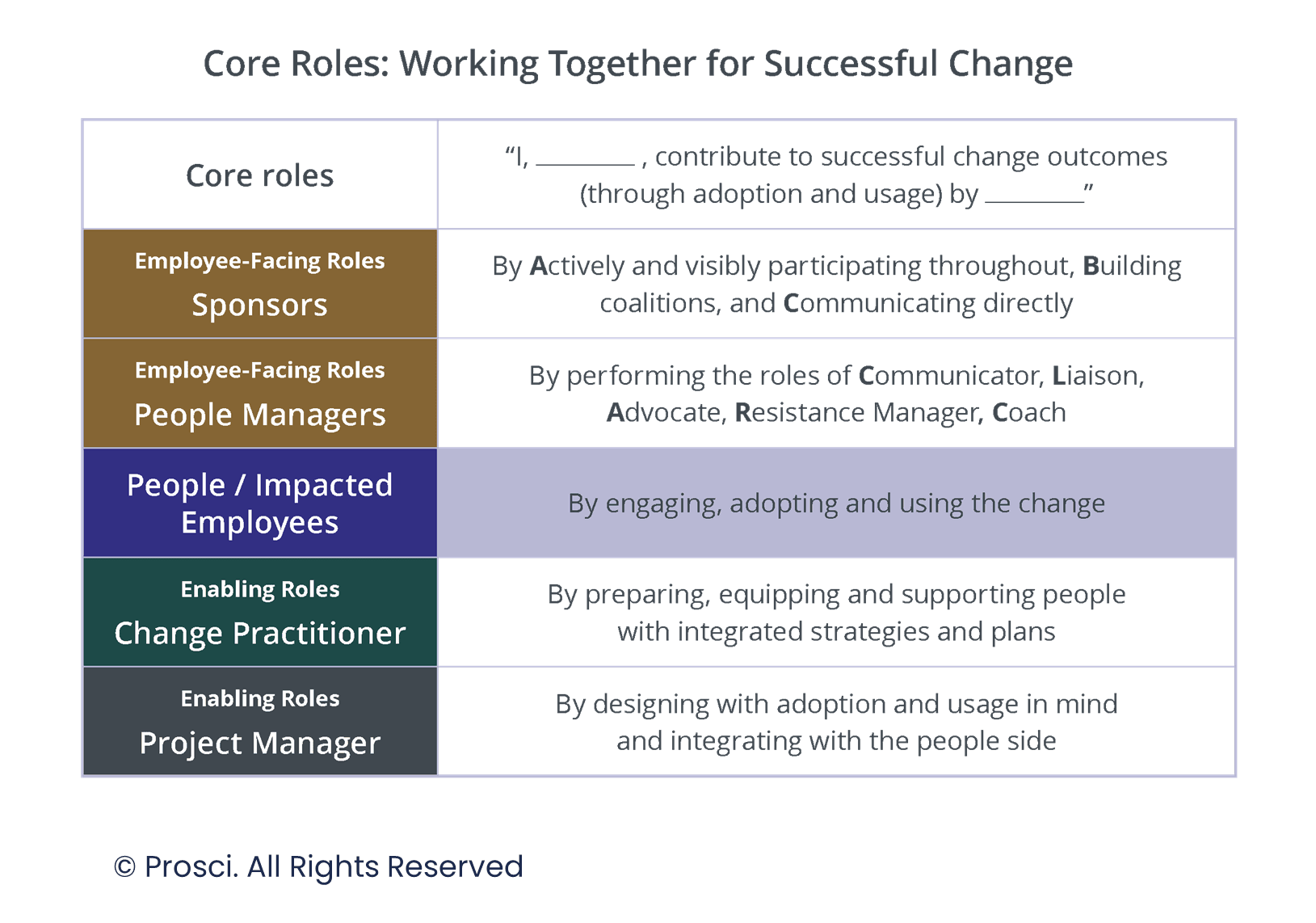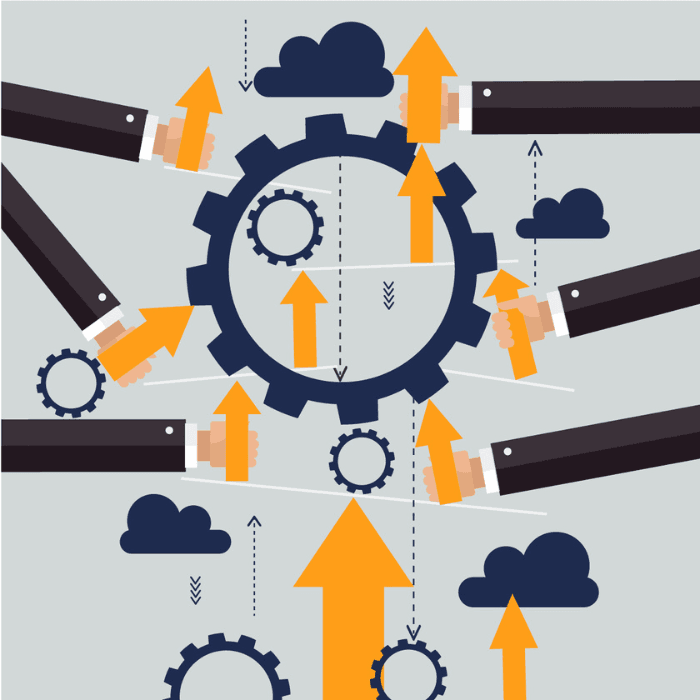

Change Management Blog
Key Roles in Change Management
January 9, 2023

Time to Read: 3 Min
Key Roles in Achieving Organizational Success through
Change Management
What Is The Relationship of Core Roles in Achieving Organizational Success?
The primary objective of Change Management is to achieve organizational results and outcomes by mobilizing employees to embrace and implement a new way of working.
Whether the change involves processes, systems, job roles, organizational structures, or a combination, success hinges on individuals adapting their behaviors.
This fundamental concept underscores the essence of Change Management, necessitating the engagement of all core roles for effective implementation.

Coordinated Support System:
Similar to the collaborative efforts required in a theatrical production—where actors, directors, costume designers, and technical crews synchronize their distinct skills to deliver a unified performance— Change Management relies on individuals in key roles working in tandem. From top leadership to front-line employees, the entire organizational system must rally to support employees throughout the transition, fostering a coordinated approach to change.
What Are The Core Roles in Change Management:
- Change Practitioners:
Change practitioners are the architects of the Change Management strategy. They develop Change Management plans, create respective communication strategies, and guide the organization through the change process. - Sponsors:
Sponsors are the advocates and champions of the change. They provide visible support, allocate & secure necessary resources, and ensure the change aligns with organizational goals. - People Managers:
People managers engage with the project team, demonstrating support, identifying and mitigating resistance, and coaching employees. They play a pivotal role in guiding their teams through the change. - Project Manager:
The project manager oversees the technical aspects of the change. They ensure the project stays on schedule, within budget, and meets specified objectives while collaborating with change practitioners to integrate technical and people-side aspects. - People (Impacted Employees):
Impacted employees are the recipients of the change. Their active participation and willingness to adopt new behaviors are critical for successful implementation. Using the ADKAR® Model, we ensure employees are embracing the change, participating in training, and adapting behaviors to align with the new way of working.
Expanding the Change Support Network: Additional Roles
Beyond the core roles in Change Management, organizations often require additional roles, referred to as "extend" roles, to effectively execute their Change Management plans. These supplementary roles enhance support resources and contribute to a more comprehensive approach to managing change. Some of these extend roles include, but are not limited to:
- Internal Communication or Training Specialists:
Crafting targeted internal communications or developing specialized training programs to facilitate understanding and adoption of the change. - Human Resources Business Partners:
Collaborating with HR to align change efforts with broader HR strategies, policies, talent management, and best practices. - Organization Development Staff:
Focusing on enhancing organizational effectiveness and facilitating change within the broader context of organizational development. They do that through conducting organizational assessments, implementing interventions, and fostering a positive change culture. - Business Analysts:
Analyzing and documenting business processes, requirements, and impacts to ensure a smooth transition during change implementation. - Subject Matter Experts:
Providing in-depth knowledge and insights into specific areas affected by the change by offering expertise, answering queries, and participating in the development and implementation of change strategies. - Change Agent Networks:
Mobilizing & Training a network of change agents within the organization to act as advocates, influencers, and sources of support and leverage their influence to drive change adoption. - Solution Developers:
Contributing technical expertise to design and implement solutions that align with the change objectives while ensuring compatibility with the change plan.
These extend roles play a crucial part in supplementing the efforts of core Change Management roles. By incorporating specialists and experts in communication, training, HR, organization development, analysis, and technical solutions, organizations can enhance their Change Management capabilities and address the diverse aspects of a change initiative. This collaborative approach ensures a well-rounded and comprehensive strategy for successful change implementation
Achieving success in organizational change requires a harmonious symphony of efforts from change practitioners, sponsors, people managers, project managers, and impacted employees with the necessary support from extend roles that play a crucial part in supplementing the efforts of core Change Management roles.
This collaborative approach ensures a well-rounded and comprehensive strategy for successful change implementation
By understanding and fulfilling their unique roles, all contributors create a collaborative environment that ensures the seamless integration of the change and drives the organization toward its desired outcomes.

